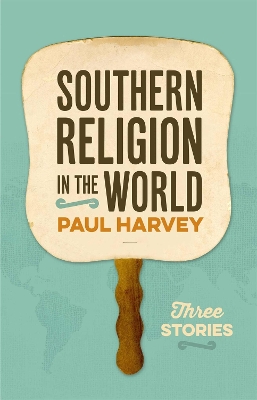George H. Shriver Lecture Series in Religion in American History Ser.
1 total work
Religion in the American South emerged as part of a globalized, transnational movement of peoples from the seventeenth through the nineteenth centuries. Ironically, it then came to be seen as the most localized, provincial kind of religion in America, one famously hostile to outside ideas, influences, and agitators. Yet southern religious expressions, particularly in music, have exercised enormous intellectual and cultural influence. Despite southern religion's provincialism during the era of evangelical dominance and racial proscriptions, the kinds of expressions coming from the American South have been influential across the globe.
With this book Paul Harvey takes up the theme of southern religion in global contexts through a series of biographical vignettes that illustrate its outreach. In the first segment he focuses on Frank Price, the Presbyterian missionary to China and advisor to Chiang Kai-Shek. In the second he focuses on Howard Thurman, the mystic, cosmopolitan, preacher, intellectual, poet, hymnist, and mentor for the American civil rights movement. In the third he looks to the musical figures of Rosetta Tharpe, Johnny Cash, and Levon Helm, whose backbeat, harmonies, and religious enthusiasms contributed to much of the soundtrack of the world through the second half of the twentieth century.
